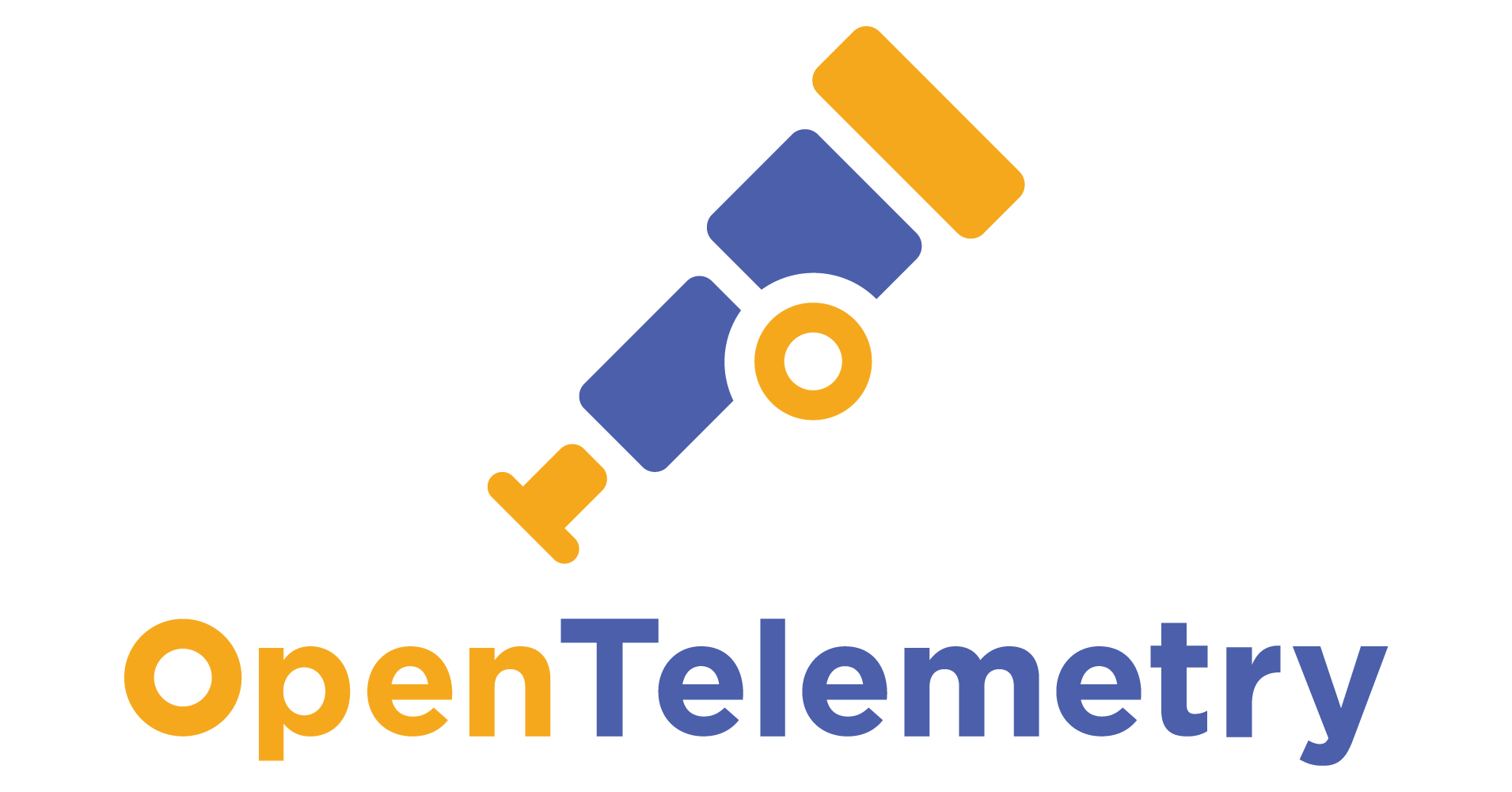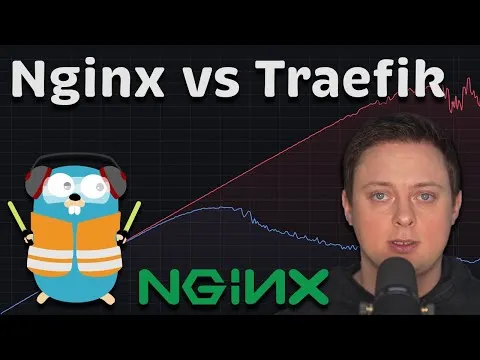DevOps Paradox: OpenTelemetry meets Mobile
OpenTelemetry is transforming the landscape of mobile app observability, providing developers with powerful tools to monitor, understand, and optimize their applications. Embrace, with its open-source SDKs and commitment to community involvement, is at the forefront of this exciting evolution.
This episode of DevOps Paradox features Austin Alexander from Embrace (https://embrace.io/), a mobile app observability platform. The discussion delves into the fascinating world of OpenTelemetry for mobile development, exploring its challenges, benefits, and future potential.
OpenTelemetry: Beyond the Server
OpenTelemetry, the rising star of observability, has revolutionized how backend systems are monitored and understood. However, as Austin highlights, its reach extends beyond servers. OpenTelemetry offers a standardized approach to instrumenting mobile apps.
Embrace: Bridging the Gap
Embrace (https://embrace.io/) provides open-source SDKs that empower mobile developers to leverage OpenTelemetry. These SDKs, available for iOS, Android, React Native, Flutter, and Unity, simplify the process of instrumenting mobile apps and exporting telemetry data to various backends.
Challenges of Mobile Observability
Mobile app observability presents unique challenges compared to traditional server-side monitoring. Here's a look at some of these hurdles:
- Limited Control Over Hardware and Network Conditions: Mobile devices operate in unpredictable environments with varying network connectivity, battery life, and hardware capabilities.
- App Store Review Processes: Releasing updates for mobile apps involves a review process, which can delay the deployment of bug fixes and new features.
- Diverse Device Ecosystem: The mobile landscape comprises a wide array of devices with different screen sizes, operating system versions, and hardware specifications.
Benefits of OpenTelemetry for Mobile
Despite the challenges, OpenTelemetry brings significant advantages to mobile development:
- Standardized Instrumentation: OpenTelemetry provides a consistent and vendor-agnostic approach to instrumenting mobile apps, reducing reliance on proprietary SDKs.
- Flexibility in Data Export: Developers can choose from various OpenTelemetry-compatible backends, such as Grafana, DataDog, and Prometheus, to store and analyze telemetry data.
- Improved Debugging and Performance Monitoring: OpenTelemetry enables developers to gain deeper insights into app behavior, identify bottlenecks, and resolve issues more effectively.
Metrics: A Work in Progress
While Embrace currently supports logs and traces, metrics collection is still under development. The interview explains that attributing metrics to specific user actions and device capabilities in a meaningful way requires careful consideration.
Importance of Community Involvement
The interview emphasizes the significance of active participation in the OpenTelemetry community, particularly the client-side and Swift SIGs. By collaborating with other developers and contributing to the project, Embrace ensures its SDKs remain aligned with the evolving OpenTelemetry standards.
Get Involved
- Embrace SDKs: https://github.com/embrace-io

- OpenTelemetry Community: https://opentelemetry.io/community/

- DevOps Paradox: https://www.devopsparadox.com/

Related content

La gran unificación de google cloud: opentelemetry se vuelve obligatorio (y ya era hora)
Si pensabas que podrías seguir ignorando el avance de OpenTelemetry (OTel) mientras te escondías en tus scripts legacy, Google Cloud acaba de enviarte un recordatorio amistoso —o una amenaza elegante, según cómo lo mires—. La plataforma ha lanzado una nueva API de ingestión que soporta de forma nativa los protocolos
Read the full post →

Nginx vs. Traefik: Cuál es el mejor reverse proxy?
Introducción Este artículo profundiza en un análisis comparativo de Nginx y Traefik como proxies inversos (reverse proxies) . Examinaremos los indicadores clave de rendimiento, incluyendo la latencia (p99), el rendimiento (peticiones por segundo), la disponibilidad (tasa de error) y la utilización de recursos (CPU, memoria y tráfico de red). El análisis




